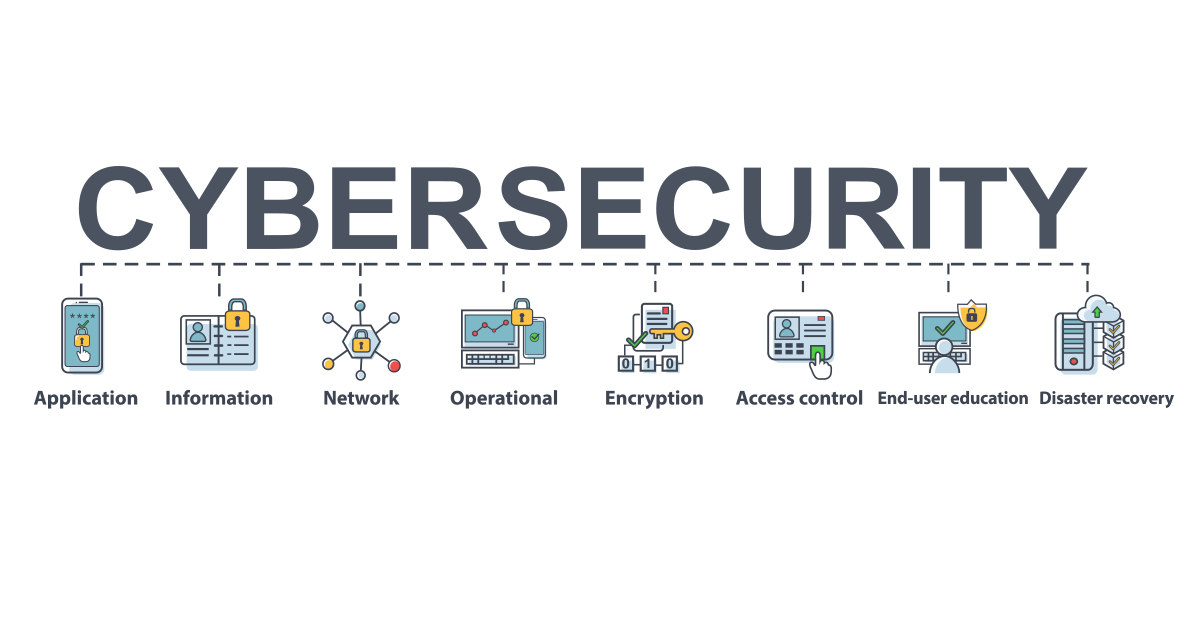The Ultimate Guide To cybersecurity engineer salary
The Ultimate Guide To cybersecurity engineer salary
Blog Article

1. Data violations: Fintech firms take care of delicate economic info, making them a prime target for cybercriminals. A single data violation can endanger countless individuals' personal and financial information, bring about extreme repercussions.
2. Repayment fraud: Fraudsters make use of innovative techniques to manipulate settlement systems, triggering monetary losses for both customers and companies. Stopping payment fraud calls for sophisticated safety and security measures and consistent tracking.
3. Compliance: Fintech firms need to adhere to numerous monetary regulations, such as GDPR, PCI-DSS, and AML/KYC. Ensuring conformity can be a complex and taxing procedure, yet failure to do so can result in large fines and reputational damages.
4. Insufficient protection steps: Fintech companies commonly prioritize rate and advancement over security, causing inadequate defense against cyber dangers. This can expose individuals' data and monetary information to substantial threats.
Fintech software growth must attend to these cybersecurity challenges to secure customers' interests and preserve public trust. }
The financial innovation field is undergoing a significant improvement, presenting unique approaches to handling financial resources. Nonetheless, the rapid evolution comes up with fresh barriers, specifically in the realm of cybersecurity. These challenges position worries concerning the integrity and safety and security of financial systems and may undermine your reputation as a trustworthy fintech company. Find out more at
In this short article, we'll explore the four primary cybersecurity threats that fintech firms come across and use useful solutions to aid alleviate them.
Malware Assaults
Malware attack is a catch-all term for any kind of kind of harmful software created to damage a computer system or web server of a individual. Cyberattackers develop and spread out malware software application for various factors. The most constant function is to take personal, economic, or company information.
Ransomware type of malware assaults remains the most preferred type of cyber hazards. In 2023, 72% of companies were struck by a ransomware attack, according to Statista's record. How do you keep shielded? Right here are some of the approaches:
Make sure to on a regular basis update your computer and software program, use a trusted anti-virus program, and stay clear of clicking links from unfamiliar resources.
On the one hand, the rapid adoption of arising modern technologies such as blockchain, artificial intelligence (AI), and IoT (Internet of Things) opens up brand-new perspectives to fintech. On the other hand, it brings brand-new security issues to the table. cybersecurity degree For example, AI-powered systems can be made use of to detect vulnerabilities in networks and systems. IoT attacks target Web of Points systems-- items installed with software program that enables them to collect and store data. While the risk of IoT assaults can be lessened by picking safe and secure tools, AI-powered strikes require a extra intricate strategy:
Carry out a multi-faceted protection approach;
Offer routine training for staff members on security finest methods;
Use sophisticated AI-powered safety remedies to boost defense against insider risks.
An insider risk is the one coming from within a fintech ( repayment systems, neobanks, etc) organization. Customarily, the " resources" of danger are workers or specialists that have actually authorized access to sensitive data or systems. Insider hazards come in 2 types-- intentional-- when the sensitive data is taken and sold deliberately and unintentionally-- unexpected direct exposure of private information that causes harm to an company. Several of the most effective approaches to minimize expert dangers consist of the following:
audit of your group's access benefits;
application of password security policies;
education and learning of your group on exactly how not to become the sufferers of phishing.
Third-Party Vendors
Many fintech business depend on third-party carriers for solutions like repayment processing or information storage space. Such dependence on exterior suppliers in fintech software application growth can present numerous methods for cyberattacks. Fintech business have to carry out thorough due persistance on third-party vendors they accept, including history checks and safety and security analyses, to ensure they have tight security procedures in position.
To conclude, while the fintech sector is getting around the world adoption, cyberpunks never rest, making cybersecurity a top challenge in fintech software program development.
Recognizing this, S-PRO https://s-pro.io/, an cutting-edge software program advancement company, puts a strong emphasis on applying sophisticated protection steps in its fintech tasks, guaranteeing that both its customers and end-users take advantage of the highest level of security versus cyber risks. Report this page